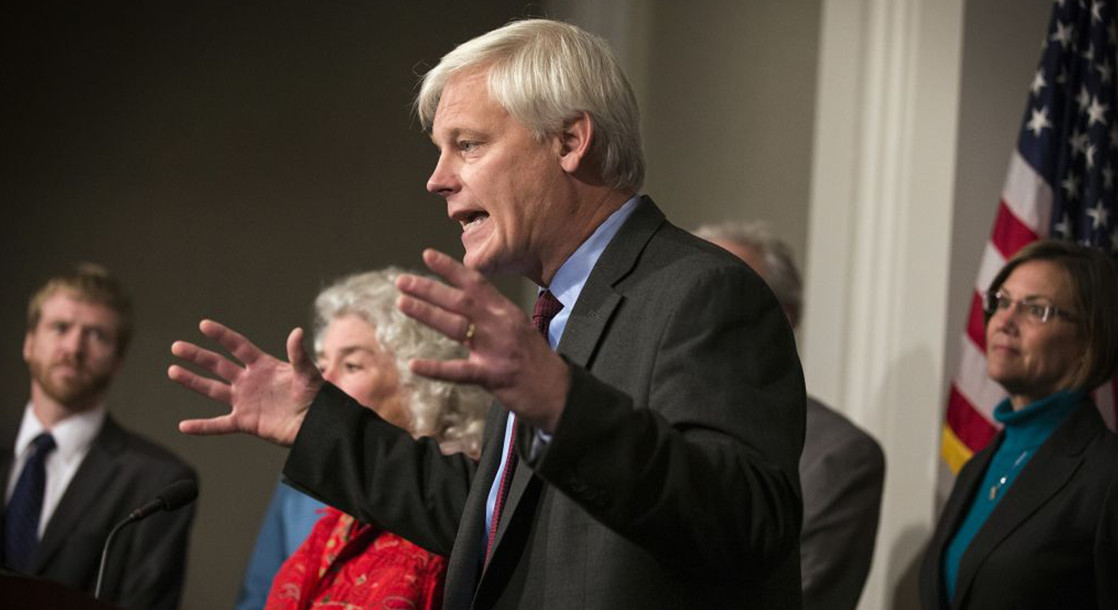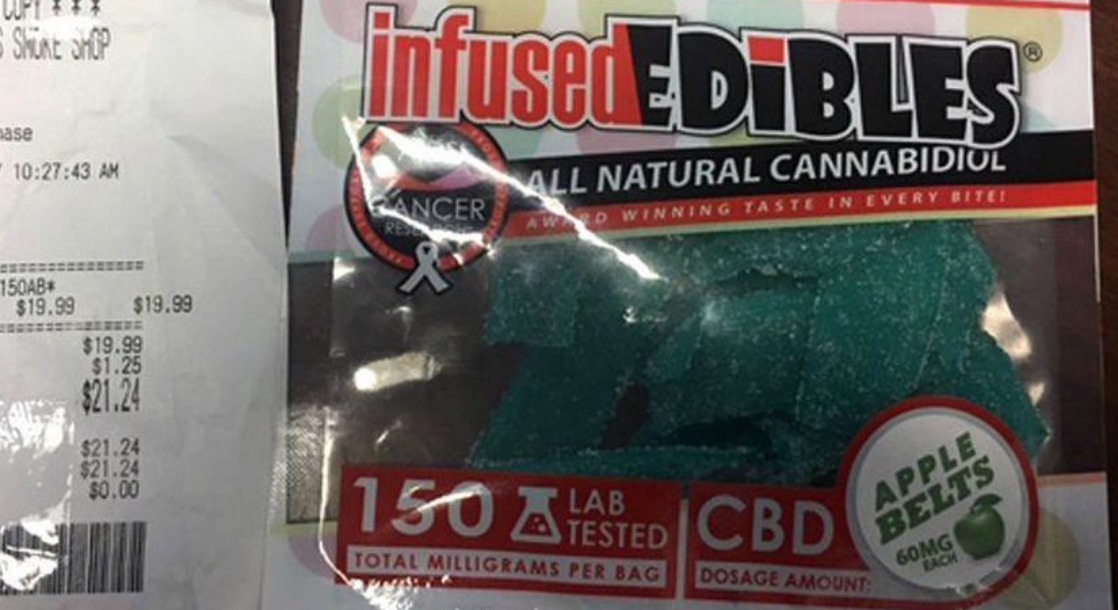As one of the 29 states with legalized medical marijuana, Minnesota has often proven to be a beacon of progression in the generally conservative Midwestern region. While Democratic lawmakers tried their luck with a pair of recreational cannabis measures earlier this year, the GOP-controlled Legislature has yet to budge on the issue, leaving many Minnesotans, particularly people of color, at risk of pot-related prosecution.
Paul Thissen, the former Speaker of the Minnesota House of Representatives, is arguing that the first step to reforming the unbalanced criminal justice system is legalizing the recreational use of cannabis. Recently gathered data seems to back up Thissen’s claim, showing a disproportionate number of minorities being locked up for drug-related charges inn Minnesota. In 2015, 6,829 people were arrested for marijuana possession, making up a whopping 39 percent of all drug crimes in the state.
A majority of those locked up for cannabis were young black men, showcasing a grim reality of racial inequality in Minnesota's justice system. Although this unjust discrepancy has proven to be a major problem throughout the country, people of color have an even bigger disadvantage in the Midwestern state. In fact, in Minnesota, African-Americans are over 6 times more likely to be arrested for marijuana possession than whites, a rate that is over two times the national average.
Unfortunately, being locked up for pot possession isn’t the worst that has happened to the state's minority community. Last year, a black man named Philando Castile was shot and killed by a police officer after being pulled over for a broken taillight. Officer Yanez claims that he smelt “burnt marijuana” coming from the vehicle, and that the presence of pot led him believe his life was in danger.
Despite his advocation, Thissen is well aware that legalizing pot won’t fix racial inequality overnight, and that other steps must be taken to create balance in the justice system. In order to set things right, he believes that lawmakers must listen carefully to people of color that have been directly impacted by drug-related crimes. In a recent op-ed for the online publishing platform Medium, the local politician put forth a few suggestions to help curb these high incarceration.
His recommendations include putting a stop to over-labeling young African-American boys as emotionally and behaviorally disturbed, eliminating policies that trap impoverished people in the prison system, and also capping post-prison probation time at five years. He also argues for major changes in police training, calling for more comprehensive recruitment screening, de-escalation training, and holding law enforcement officers more accountable for their actions.
As the death of Castile proved, a lot of changes must be made to bring justice to black communities, and recreational marijuana is far from an end-all solution. However, by removing the criminality and social stigma from cannabis, minority communities in Minnesota would undoubtedly benefit. Many argue that legalization is the key to increased tax revenue and a booming economy, but for Thissen, the most urgent matter it would address is social justice.











